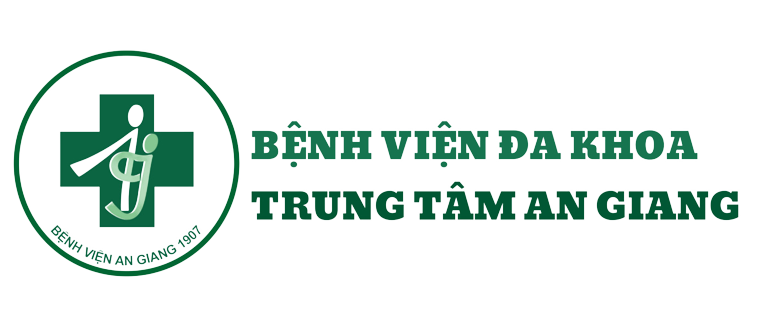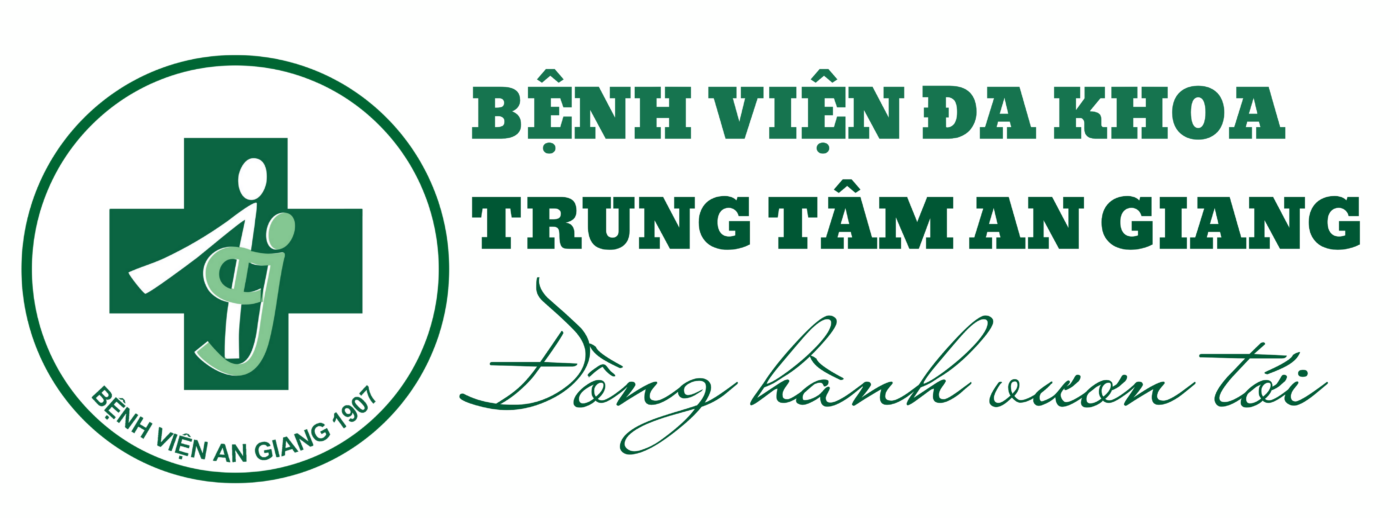An Pediatr (Barc). 2008 Nov;69(5):432-8.
[Article in Spanish]Emparanza Knörr JI, Ozcoidi Erro I, Martínez Andueza MC, Callén Blecua MT,Alústiza Martínez E, Aseguinolaza Iparraguirre I.
Unidad de Epidemiología Clínica, Hospital Donostia, San Sebastián, Guipúzcoa, Spain.joseignacio.emparanza@osakidetza.net
OBJECTIVE: To estimate, through a systematic review of the literature, the efficacy of racecadotril in the treatment of acute diarrhoea.
MATERIAL AND METHODS: Randomised trials carried out in children comparing racecadotril with placebo in terms of diarrhoea recovery, stools output and adverse effects were selected. Electronic databases (Medline, EMBASE, CENTRAL, CINAHL, mRCT, Pascal) and bibliographies of retrieved articles were searched, and the drug developer was contacted. Two authors independently assessed the quality of the retrieved articles and extracted the data.
RESULTS: Two small sample size randomised trials (135 and 172 children) of moderate quality were selected. They included children with less than five days diarrhoea and aged between 3 months and 4 years. There was no difference in the proportion of children who recovered by day 5 (RR=0.73, CI 95% 0.29 to 1.81), although the stools volume during the first 48 hours was less in the racecadotril group (SMD=-0.65, CI 95% -0.88 to -0.52). There is no difference in the risk of vomiting (RR=1.16, CI 95% 0.64 to 2.12).
CONCLUSION: The proportion of recoveries by the 5th day is the same, although the stool volumes during the first 48 hours are less in the racecadotril treated children. It would be interesting to study the efficacy in a primary care setting assessing the cure rate, the stool volumes and the admission rate to elucidate if there is room for this drug.





